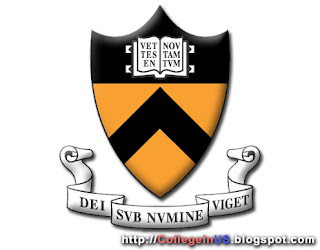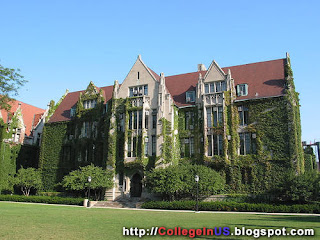 Early Education According Senate Dems - Senate Democrats unveiled their education budget Thursday, Like the budget unveiled by House Democrats this week, Senate Democrats are focusing on education for Minnesota's youngest students.
Early Education According Senate Dems - Senate Democrats unveiled their education budget Thursday, Like the budget unveiled by House Democrats this week, Senate Democrats are focusing on education for Minnesota's youngest students.Much of the Senate budget's $356 million in new spending would fund free all-day kindergarten statewide. About two-thirds of the state's school districts currently offer all-day kindergarten, but many of them charge for it. The Senate budget also boosts early learning scholarships for 3- and 4-year-olds, from $3 million a year to almost $50 million.
Democratic Gov. Mark Dayton also voiced his support for early education in his own budget proposal.
The budget bill passed through the Senate education finance committee on a voice vote, its first stop as both chambers work to nail down financing the state's education for the next two years.
The Senate's bill doesn't address the roughly $850 million that the state owes schools from previous borrowing to balance deficits. House Democrats plan to pay off the entire school shift in the next two years. Legislative leaders have been split on that issue from the start of session.
Wiger said school officials have told him they support the Senate's plan to pay back that shift over time.
The Senate budget adds $52 per pupil to the state's bedrock funding formula, which would bring it to $5,276 per student. The House plan aims to add $209 to that formula.
Another $9 million increase in the Senate bill would go to special education, which the House didn't address.
Senate Democrats are also looking to increase the age at which a Minnesota student can drop out of school — from 16 to 17 — to boost graduation rates.
They also want to retool testing practices to "move the state in a direction of teaching the subject matter, not teaching for the test," said Sen. Patricia Torres Ray, DFL-Minneapolis. By moving college entrance exam preparation up to as early as eighth grade, Torres Ray and other Democrats say schools can help those who need an extra hand and better prepare all students for college. (see HERE)
Republican Sen. Sean Nienow criticized the newer approach, saying that students would graduate regardless of whether they understood the material or earned a passing grade.
Echoing House Republicans, Nienow said he supported several measures of the Senate budget but would rather take money allocated for specific purposes — like all-day kindergarten — and add it to the state's general funding formula.
"That doesn't help schools with their funding concern. Local control is better than a state mandate," Nienow said.
Part of the Senate's budget also buys out old local property tax levies. Sen. Leroy Stumpf, DFL-Plummer, said that property owners statewide will see a decrease on their bills, though the structure of those levies makes it hard to guess how big, or small, the relief may be.
But Stumpf said it will also ease school districts' reliance on local property tax increases. School districts in cities and counties where education taxes haven't passed have suffered, leading to a funding gap in which some schools get far more funding per pupil than others.
a $15.6 billion package that would add to the state's basic per-pupil funding formula, increase Minnesota's school dropout age eliminate some local property tax levies. (see HERE)
Source : www.nujournal.com
» Read More...


















